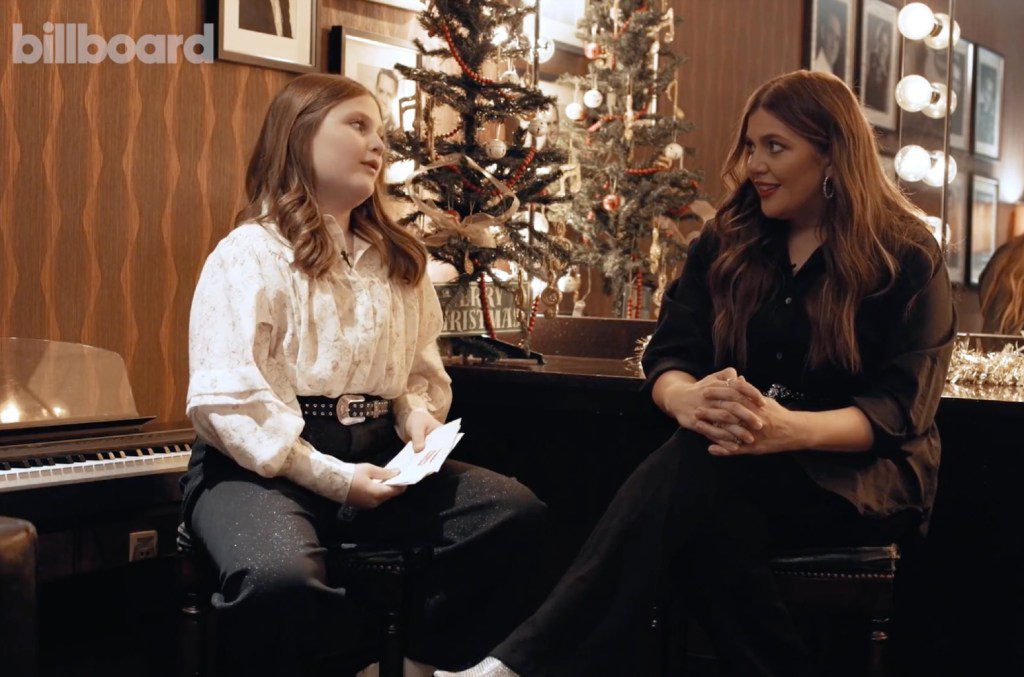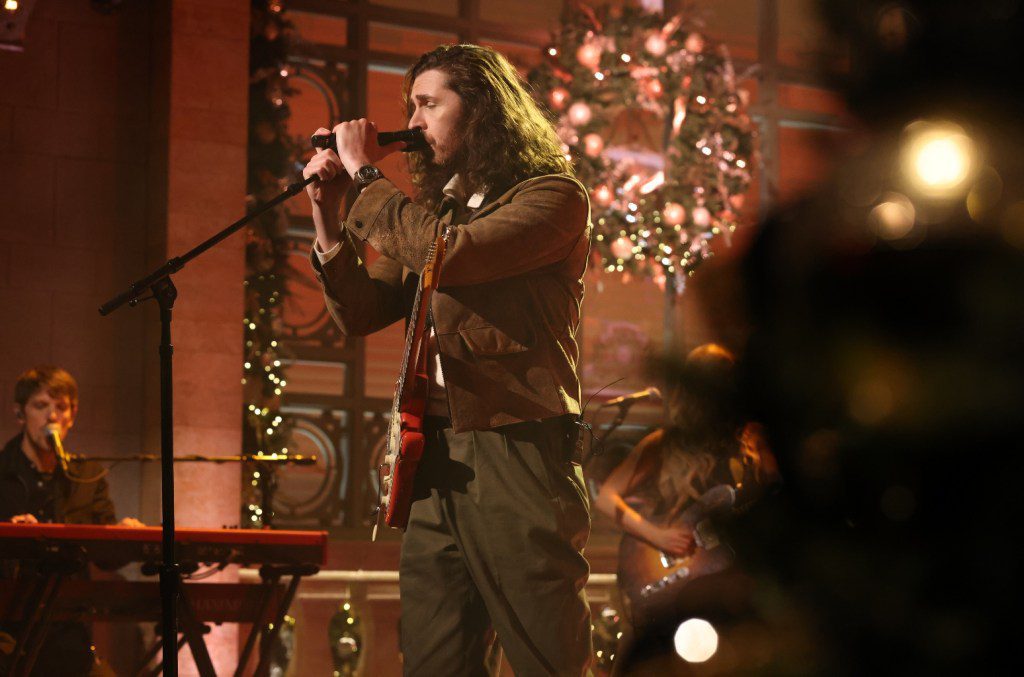Watch Sam Fender perform ‘Spit Of You’ at his “favourite pub in the world”
Sam Fender delivered a live version of recent single ‘Spit Of You’ on US TV last night (November 10).
The singer-songwriter appeared as the musical guest on yesterday’s episode of NBC chat show The Tonight Show Starring Jimmy Fallon.
Fender recorded the performance of the ‘Seventeen Going Under’ single at his “favourite pub in the world”, the Low Lights Tavern in North Shields.
The establishment – the oldest pub in Fender’s hometown – subsequently shared the Fallon video on its social media pages, hailing the musician’s “amazing” and “spectacular” song.
In the clip, we see Fender and his band play in a dark, otherwise empty room of the pub next to a Newcastle Brown Ale mirror and a large fireplace.
You can tune in here:
Filmed a special version of spit of you for @FallonTonight from our favourite pub in the world ? tonight on @nbc x pic.twitter.com/n3F4ElRrNr
— Sam Fender (@samfendermusic) November 10, 2021
‘Spit Of You’ was described upon its release as a “profound and proud song” that delves into Fender’s relationship with his father. This theme is reflected in its poignant official video, which stars actor Stephen Graham as the singer’s dad.
Meanwhile, Sam Fender recently revealed that he turned down the opportunity to collaborate with Elton John on ‘The Lockdown Sessions’.
The pair previously teamed up for a joint performance of Fender’s ‘Will We Talk?’, with John later hailing him as “the best rock and roll artist there is”.
Yesterday (November 10) it was announced that Fender will headline next year’s Tramlines festival alongside Kasabian and Madness.
Sam Fender is set to hit the road for a string of intimate UK gigs next month before embarking on his biggest headline tour to date in 2022.
Last month, the musician scored his second UK Number One album with ‘Seventeen Going Under’, and was presented with the award by fellow Geordie heroes Ant & Dec. The record debuted at the top spot with over 44,000 chart sales – 79 per cent of which were physical copies.





